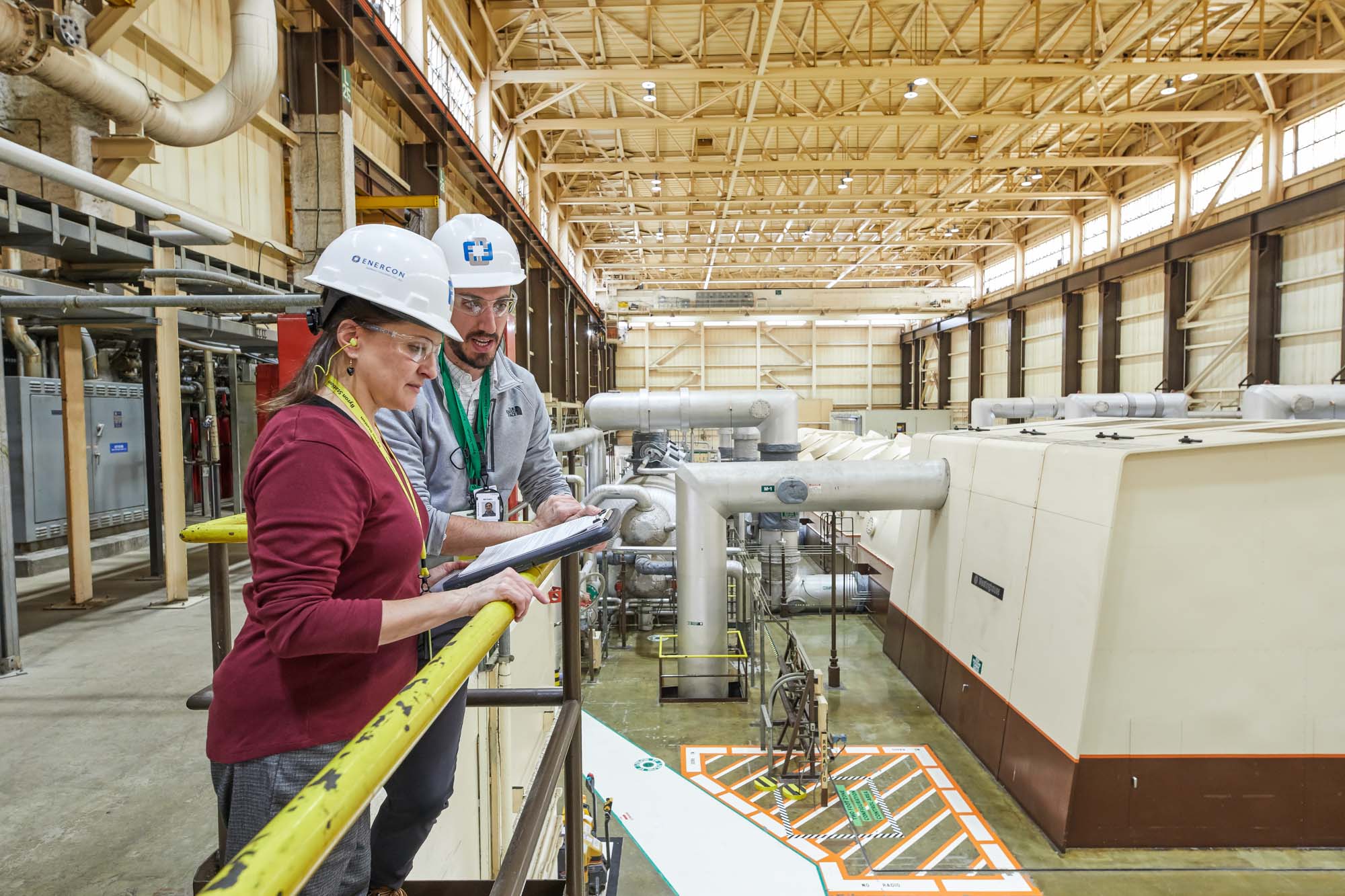On February 26, 2020, in accordance with 10 CFR Part 21, Rosemount Nuclear Instruments, Inc. (RNII) provided a final report to the NRC (Accession No. ML20064C149) related to the treatment of temperature rise due to self-heating in electronics in qualified life thermal aging calculations. Self-heating refers to the heat-induced from passing an electrical current through the component for extended periods versus simply the heat introduced from the ambient environment. RNII identified that the original Arrhenius calculations of thermal qualified life for the Rosemount 1150 series (inclusive of 1153 Series B, 1153 Series D, 1153 Series F, 1154, and 1154 Series H) and 3150 series (including 3152N, 3153N, 3154N, and 3155N) pressure transmitters did not adequately account for the self-heating temperature rise.
RNII does not believe this issue presents a risk to the safety function of the pressure transmitters; however, the temperature rise due to electronics self-heating on limiting components is application-dependent and could be greater than originally estimated. As a result, the qualified life of the affected Rosemount pressure transmitters could be reduced; by how much will depend on the specific application.
Rosemount transmitters are widely used throughout the nuclear power industry and this notification will affect nearly every nuclear power plant. ENERCON Engineering & Safety Analysis (E&SA) is at the forefront of this issue and is already evaluating the impacts for multiple stations throughout the industry. Our evaluations have shown that the heat rise for these instruments can be as high as 17°F, significantly greater than the 4-6°F typically identified in the original analyses. Please contact us if you have questions or would like assistance addressing this Part 21 notification.

